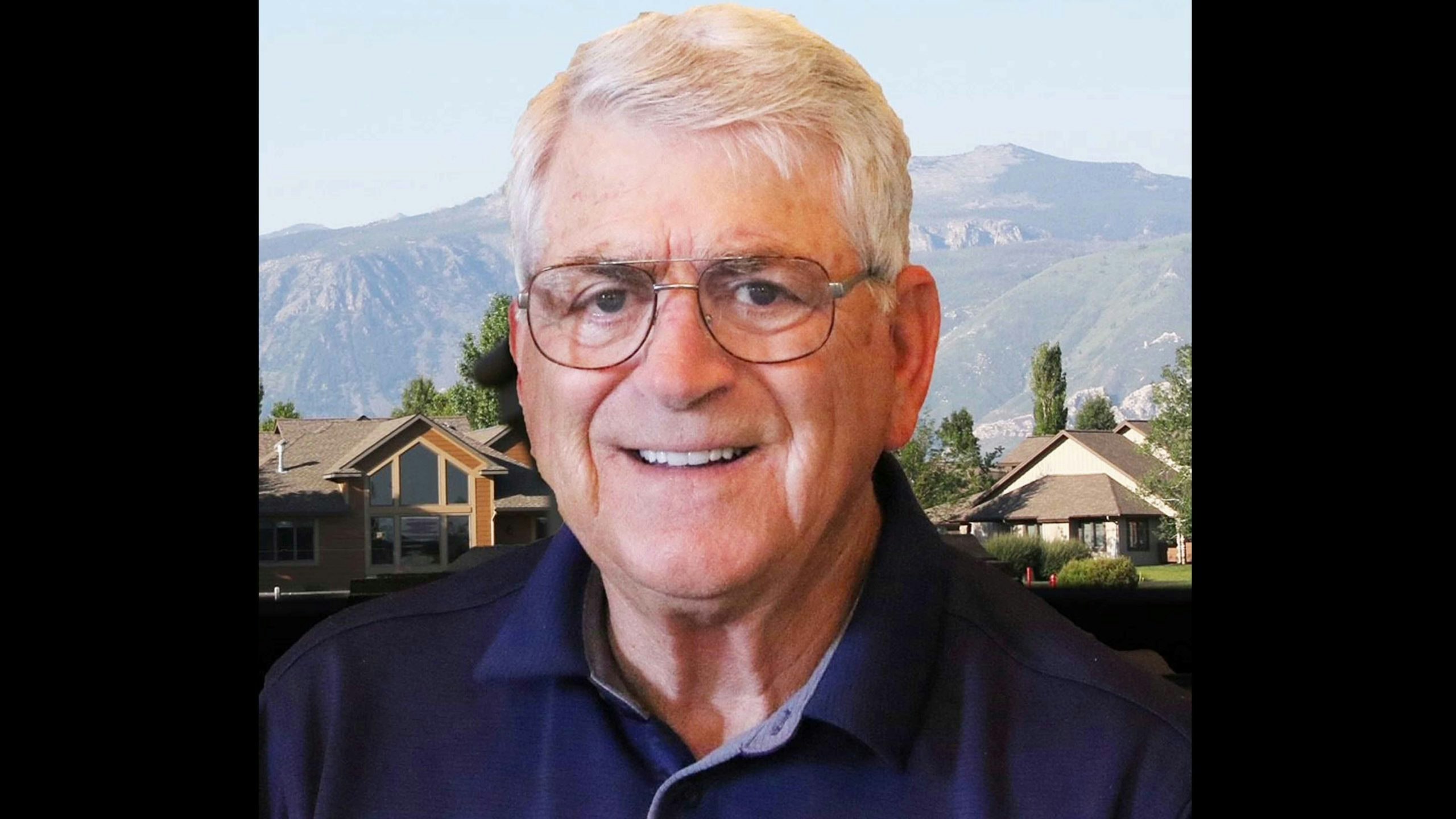OPEN LETTER TO GOVERNOR GORDON:
At the conclusion of the recent session of the Wyoming Legislature, you said that you were “not going to sign a bill that I perceive as being unconstitutional”. H.B. 152, Life is a Human Right Act, is a perfect candidate for use of your veto pen.
This legislation is the product of overzealous sponsors who crafted the strictest possible anti-abortion measure, which is not only unconstitutional, but places the health of pregnant women at great risk.
In last year’s budget session, the pro-life folks were able to pass H.B. 92 (“trigger law”) that repealed the “viability” threshold in Wyoming’s abortion law by making all abortions illegal with the limited exceptions of rape, incest and serious risk of death or “substantial and irreversible physical impairments”.
With the announcement of the Dobbs v. Jackson Women’s Health, the “trigger law” went into effect, but was immediately challenged in court as being in violation of the Wyoming Constitution. An injunction was entered preventing enforcement of the new law.
Concerned that the “trigger law” might be invalidated, the pro-lifers sought to remedy its flaws with the introduction of H.B. 152.
H.B. 152 is fraught with serious problems and is probably worse than its predecessor. First, it is in violation of Article 1, Section 38 of Wyoming’s Constitution that provides, “Each competent adult shall have the right to make his or her own health care decisions”. The sponsors apparently thought the remedy was to include in the bill a provision that abortion is not “health care”. But, as one writer said, “putting thoughts into words is vastly different from putting truth into words.” Even a non-medically trained person knows that a pregnant woman’s decision to have an abortion is intrinsically part of her health care. The American College of Obstetricians and Gynecologists affirms that “abortion is an essential component of women’s health care.”
Another problem with the bill is that it makes religious belief the foundation upon which H.B. 152 rests. As Barry Goldwater said, “religious factions will go on imposing their will on others unless the decent people connected to them recognize that religion has no place in public policy.” The proponents of H.B. 152 failed to heed Goldwater’s warning by declaring that an “unborn baby” or “unborn human being” is a “living member” of the “species homo sapiens” from conception to birth. Since not all faiths believe life begins at conception, this provision flies in the face of separation of church and state.
Beyond the serious constitutional problems, the bill has a chilling effect on any physician who would perform an abortion. Physicians are expected to use “reasonable medical judgment” as a “reasonably prudent physician” would do. While this bill includes this standard of care to prevent the death or substantial risk of death of a pregnant woman, it adds the requirement that the physician must use “all reasonable medical efforts under the circumstances to preserve both the life of the pregnant woman and the life of the unborn baby”. This creates a conundrum for the physician who has use reasonable care to save the life of the mother while, at the same time, doing everything possible to save the lives of both the mother and fetus. Confronted with this dilemma, I can’t imagine any physician would risk performing an abortion facing the possibility of a felony conviction with up to 14 years in prison, revocation of his/her medical license, and civil lawsuits. Most assuredly, someone will challenge the physician who performs an abortion under these circumstances. H.B. 152 appears to have been written in a deliberate attempt to ensure that no Wyoming physician will perform an abortion even if to save the life of a pregnant woman.
Does Dobbs allow for what is included in H.B. 152? No. In fact, the Court’s decision was limited to holding there is no right to an abortion under the U.S. Constitution and the states have “legitimate interests and may regulate abortion for legitimate reasons”. Notably, the Court said its opinion was not “based on any view about if and when prenatal life is entitled to any of the rights enjoyed after birth.” Yet, this is exactly what H.B. 152 does. Other matters the Court did not address or decide are the following:
*A fetus as a “human being” – H.B. 152 does
*An abortion is not “health care” – H.B. 152 does
*Abortions can be prohibited from the date of conception – H.B. 152 does
*A person’s right to make their own health care decisions can be denied – H.B. 152 does
Governor, if you veto this bill and the court later invalidates the “trigger law”, the Legislature can undertake to pass legislation that spells out when abortions can be performed while providing for the fair treatment and health care needs of pregnant women without incorporating certain religious beliefs.
As Mark Twain humorously said, “I am quite sure now that often, very often, in matters concerning religion and politics a man’s reasoning powers are not above the monkey’s.” H.B. 152 is evidence of this. But hopefully, the Wyoming Legislature will prove Mark Twain wrong by drafting legislation that avoids the pitfalls of the current legislation.
I hope your decision is to veto H.B. 152.





